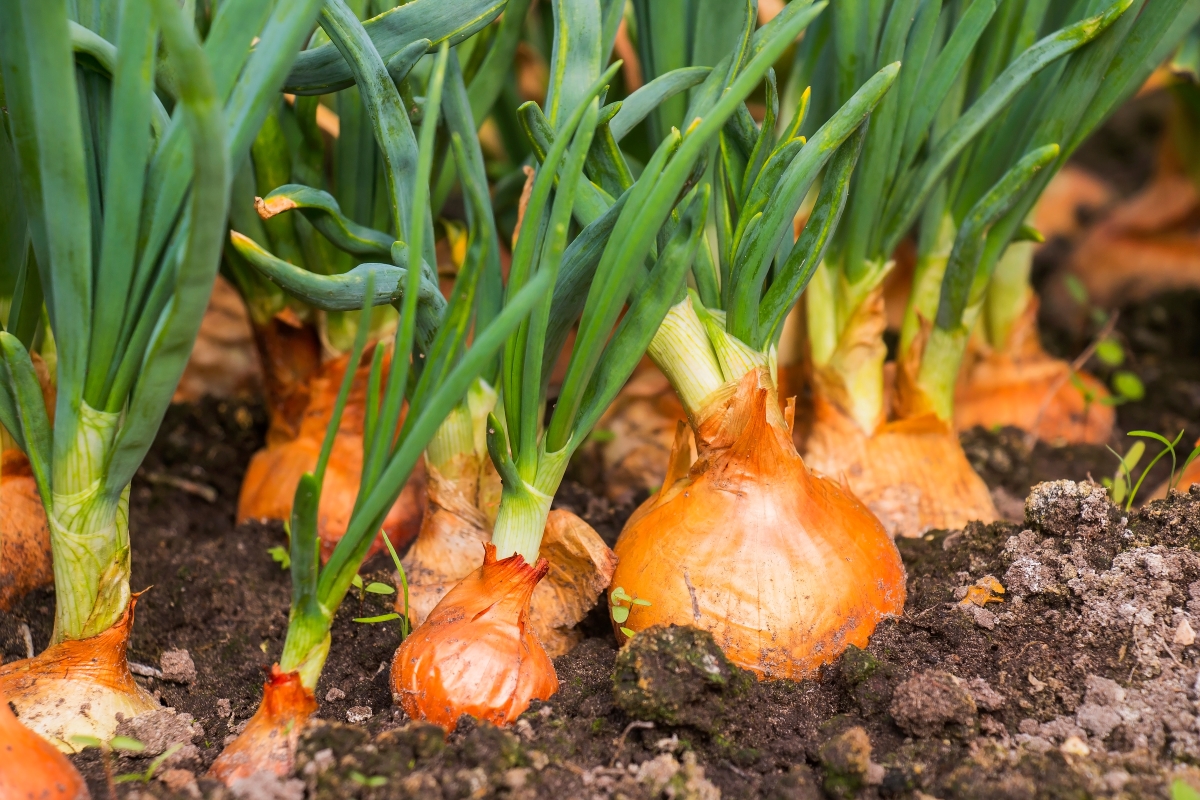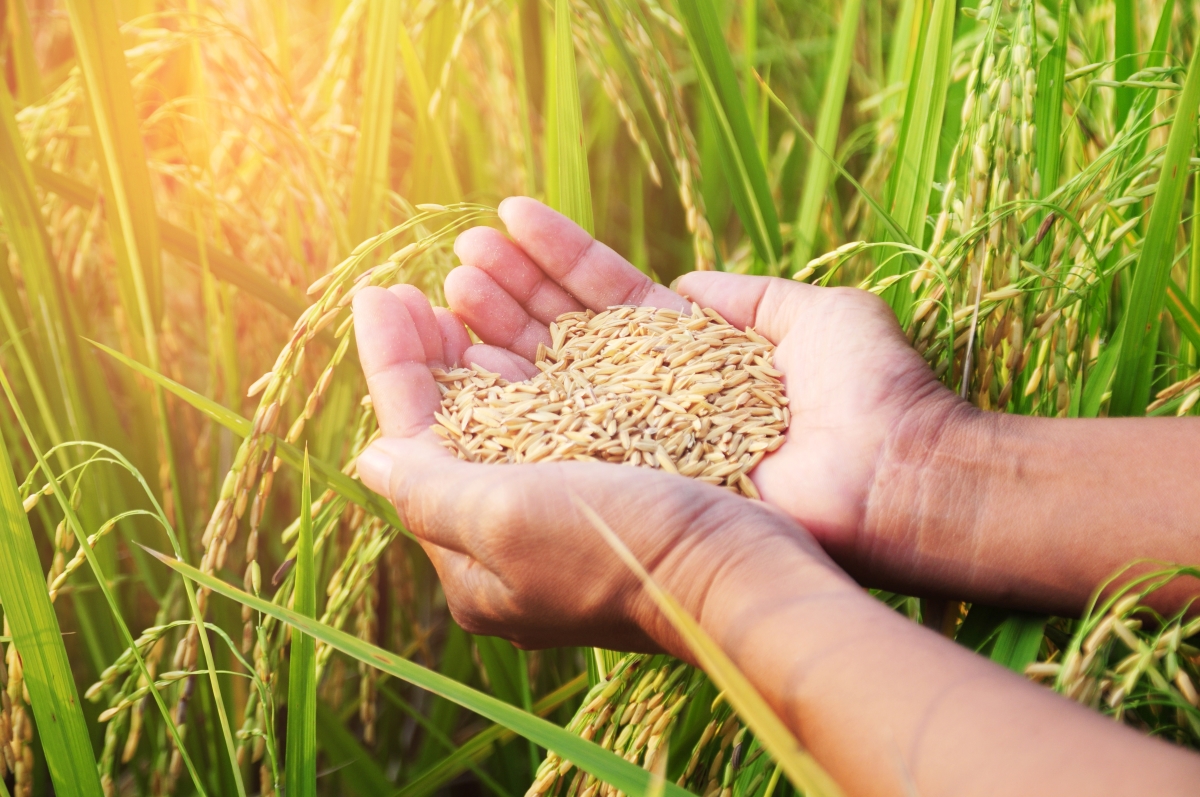By: Hilary Thesmar, PhD, RD, CFS, Chief Food and Product Safety Officer and Vice President, Food Safety Programs
 With a May 2017 compliance date quickly approaching, it seems that still the biggest question out there regarding the Foreign Supplier Verification Rule is ‘Who is the FSVP Importer?’ Although the rule defines FSVP importer, in many instances more than one party may meet the definition of the FSVP Importer. When there are several parties who can act as the FSVP importer things become more gray and the question becomes ‘Who should be the FSVP Importer?’ rather than ‘Who is the FSVP Importer?’
With a May 2017 compliance date quickly approaching, it seems that still the biggest question out there regarding the Foreign Supplier Verification Rule is ‘Who is the FSVP Importer?’ Although the rule defines FSVP importer, in many instances more than one party may meet the definition of the FSVP Importer. When there are several parties who can act as the FSVP importer things become more gray and the question becomes ‘Who should be the FSVP Importer?’ rather than ‘Who is the FSVP Importer?’
The FDA FSMA rule on Foreign Supplier Verification Programs (FSVP) requires that U.S. importers of food have programs in place to verify that their foreign suppliers are producing food in a manner that provides the same level of public health protection as foods produced in the U.S. The goal of FSVP is public health protection.
When more than one party meets the definition of the FSVP importer, who should be the FSVP importer? The FSVP Importer should be the party who meets the definition in the rule and can best assure that the imported food is produced in a manner that provides the same level of public health protection as food produced in the U.S.
The best way to make that decision and to agree which party involved with importing the food will perform the functions of the FSVP importer is through communication with your supply chain partners. Your communication should consider:
- Which party is in the best position to assure the foreign supplier produces food that meets U.S. standards and is as safe as food produced by a U.S. supplier?
- Which party is most likely to have knowledge of food safety practices?
- Which party has control over the supply chain of an imported food?
- Which party controls the finances of the imported food (owner or consignee)?
- Which party controls the goods?
- Which party can best ensure that supplier verification activities are conducted for each food imported into the U.S.?
Business arrangements are complex and circumstances will vary depending on a number of factors. No matter how much we try to simplify the decision making process, the key to achieving compliance with the FSVP rule, is to clearly identify the FSVP Importer. Once an FSVP Importer is identified, FSVP importers will need to further communicate with foreign suppliers and supply chain partners. Communication is essential to determine how compliance with the rule can best be achieved and is critical to ensure that the appropriate information is available throughout the entire supply chain.
The FSVP importer is responsible for complying with all FSVP requirements and is ultimately the party that FDA will hold accountable; therefore, fulfilling your FSVP rule obligations begins with identifying the FSVP Importer! And always remember, the goal FSVP as well as the other FSMA rules is food safety.
In a January 2017 webinar, I provided some tips to help you identify whether you're the "Importer" and discussed in more detail the requirements for complying with FSMA's FSVP programs. This recording of this webinar, including the webinar slides, is available here.
A complete training course is available (but not required) from the FSPCA on FSVP and discussed the definition of FSVP importer at length. For information on the training see the FSPCA website.
If you would like additional information, have questions or would like assistance, please feel free to contact FMI at foodsafetyteam@fmi.org or (202) 220-0661.

 Industry Topics address your specific area of expertise with resources, reports, events and more.
Industry Topics address your specific area of expertise with resources, reports, events and more.
 Our Research covers consumer behavior and retail operation benchmarks so you can make informed business decisions.
Our Research covers consumer behavior and retail operation benchmarks so you can make informed business decisions.
 Events and Education including online and in-person help you advance your food retail career.
Events and Education including online and in-person help you advance your food retail career.
 Food Safety training, resources and guidance that help you create a company food safety culture.
Food Safety training, resources and guidance that help you create a company food safety culture.
 Government Affairs work — federal and state — on the latest food industry policy, regulatory and legislative issues.
Government Affairs work — federal and state — on the latest food industry policy, regulatory and legislative issues.
 Get Involved. From industry awards to newsletters and committees, these resources help you take advantage of your membership.
Get Involved. From industry awards to newsletters and committees, these resources help you take advantage of your membership.
 Best practices, guidance documents, infographics, signage and more for the food industry on the COVID-19 pandemic.
Best practices, guidance documents, infographics, signage and more for the food industry on the COVID-19 pandemic.
